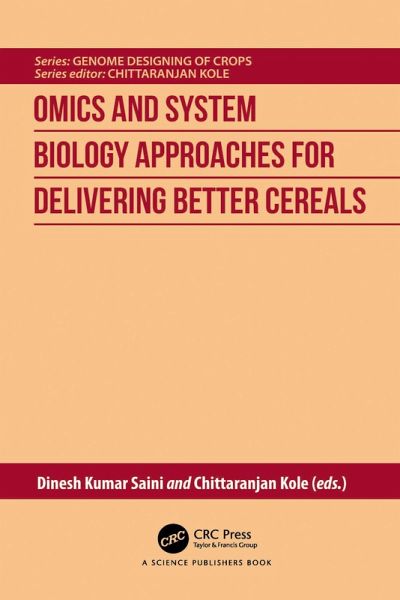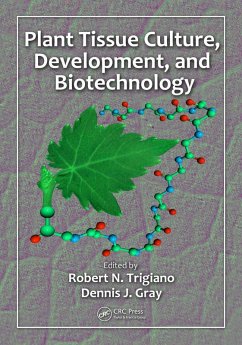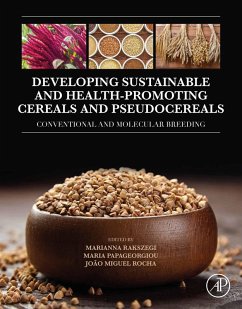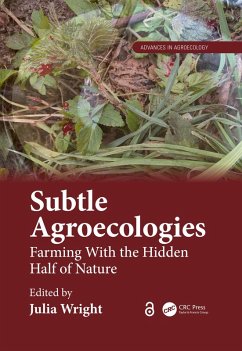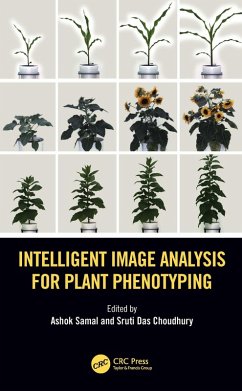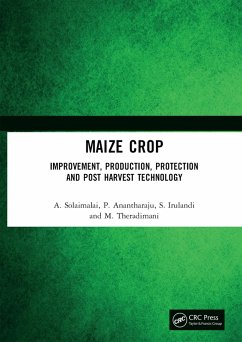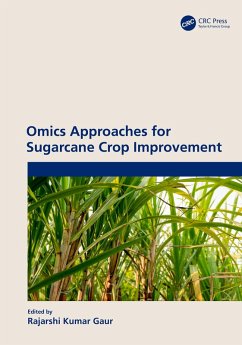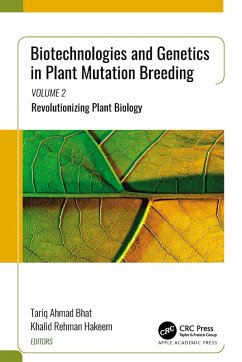Dinesh Kumar Saini, a post-doctoral research associate in the Department of Plant and Soil Science at Texas Tech University, Texas, USA, has significant research expertise in Plant Breeding, Genomics, Crop Biotechnology, and Physiology. He earned his Bachelor of Science (Agriculture) and Master of Science (Genetics and Plant Breeding) degrees from Chaudhary Charan Singh University, Meerut, Uttar Pradesh (India). He has qualified for several national level exams (in India), including ICAR-SRF and ASRB-NET in Plant Breeding and Genetics, as well as GATE in Life Science. During his Ph.D. program at Punjab Agricultural University in Ludhiana, Punjab, he was also awarded prestigious fellowships such as DST-INSPIRE and ICAR-SRF. He has received a number of medals, including the Chancellor Silver Medal, Vice-Chancellor Gold Medal (twice), University Gold Medal in Crop Improvement and Protection, Dr. M.S. Randhawa Medal, Best Research Scholar Award(s), Student of the Year Award, etc. He has also contributed to the development of a comprehensive wheat QTL database (http://wheatqtldb.net/) as a core member. He has co-authored more than 40 articles published in high impact factor journals. Further, he has co-authored 13 book chapters, 8 popular articles, and 25 abstracts and contributed to two international annual wheat newsletters. He is also continuously involved in reviewing the articles for more than 20 reputed journals. He is a member of several professional societies including Crop Science Society of America, American Society of Agronomy, Society for Advancement of Wheat and Barley Research, Indian Society of Genetics and Plant Breeding, Bioinformatics Club for Experimenting Scientists. Additionally, he is actively engaged in serving reputed journals, such as The Plant Phenome Journal, BMC Genomics, and Frontiers in Plant Science, in various editorial capacities. Prof. Chittaranjan Kole is an internationally reputed scientist with an illustrious professional career spanning over forty years and original contributions in the fields of plant genomics, biotechnology, and molecular breeding leading to the publication of more than 160 quality research articles. He has edited over 190 books for the leading publishers of the world including Springer Nature, Wiley-Blackwell and Taylor and Francis Group. His scientific contributions and editing acumen have been appreciated by seven Nobel Laureates including Profs. Norman Borlaug, Arthur Kornberg, Werner Arber, Phillip Sharp, Günter Blobel, Lee Hartwell and Roger Kornberg. He has been honored with a number of Fellowships, Honorary Fellowships, and national and international awards including the Outstanding Crop Scientist award conferred by the International Crop Science Society. He was awarded with the Raja Ramanna Fellow by the Department of Energy, Government of India. He has served at all prestigious positions in academia including as Vice-Chancellor of Bidhan Chandra Krishi Viswavidyalaya, Project Coordinator of Indo-Russian Center of Biotechnology in India, and Director of Research of Institute of Nutraceutical Research of Clemson University, in USA. He worked also in the Pennsylvania State University and Clemson University as Visiting Professor. He has been heading the International Climate-Resilient Crop Genomics Consortium, International Phytomedomics and Nutriomics Consortium and Genome India Internationalas their Founder President. He is also the Founder Chairman of Prof. Chittaranjan Kole Foundation for Science and Society.
